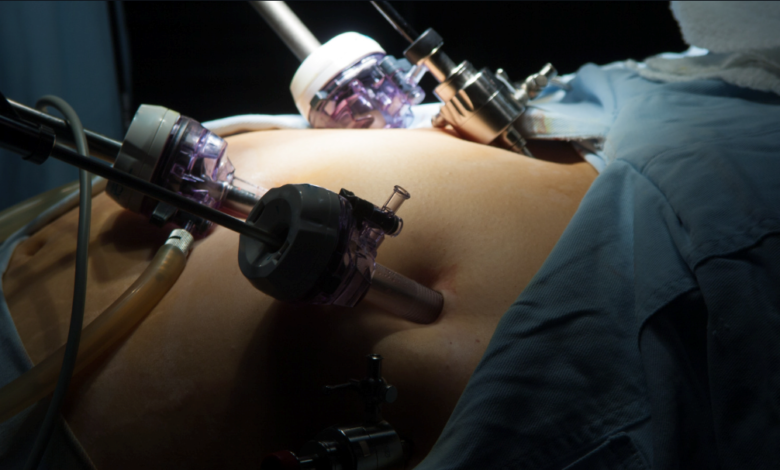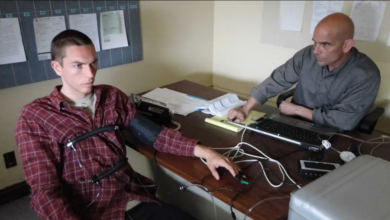Understanding Gastric Bypass Surgery: What You Need to Know

Gastric bypass surgery has become a highly effective option for individuals struggling with obesity who haven’t had success with traditional weight loss methods. It’s a complex procedure that alters the digestive system to help patients lose weight and manage obesity-related health conditions. If you’re considering gastric bypass surgery in Cobb County, understanding the full process, before, during, and after, is essential for a successful outcome.
What is Gastric Bypass Surgery?
Gastric bypass involves creating a small pouch from the stomach and connecting it directly to the small intestine. This changes the way food is digested and absorbed, leading to weight loss. By reducing the stomach’s capacity, patients feel full faster and consume fewer calories.
This procedure is often recommended for individuals with a body mass index (BMI) over 40 or those with obesity-related conditions like diabetes or sleep apnea. The decision to undergo surgery is made after careful evaluations, including medical history, nutritional counseling, and psychological assessments.
Is Repeat Surgery Possible?
While gastric bypass is generally considered a permanent solution, some situations may require additional intervention. A common question patients ask is: can you get gastric bypass twice? In rare cases, a second surgery might be necessary if the initial bypass didn’t lead to the expected weight loss or if complications developed over time.
However, revision surgeries are more complex and carry higher risks than the initial procedure. Surgeons typically explore all non-surgical options before recommending a second bypass. That’s why consistent follow-ups and lifestyle adjustments remain crucial for long-term success. Maintaining diet discipline, monitoring weight trends, and staying connected with medical professionals can help reduce the need for future surgical procedures.
Recovery Expectations After Surgery
Post-operative care is critical to achieving optimal results. Patients typically stay in the hospital for one to two days following surgery. During this time, they are introduced to a liquid diet and monitored for any complications. Understanding the recovery timeline after gastric bypass can help patients better prepare for what’s ahead.
In the first few weeks, food intake is gradually increased from liquids to soft foods and eventually small, solid meals. Regular follow-ups are essential to monitor progress and make dietary or lifestyle modifications. Most patients can return to light activities within a couple of weeks and resume more strenuous activity after six weeks.
Long-term success requires more than physical recovery, it demands a commitment to a new way of living. That includes mindful eating, regular physical activity, emotional support, and ongoing medical care.
Conclusion
Gastric bypass surgery is a transformative procedure that requires deep commitment and an informed mindset. When performed by experienced professionals and paired with the right lifestyle changes, it can offer life-changing results for individuals battling obesity. Educating yourself about the procedure, its potential challenges, and recovery milestones prepares you to make confident decisions. With the right guidance, support system, and motivation, gastric bypass can become the start of a healthier and more fulfilling life.




